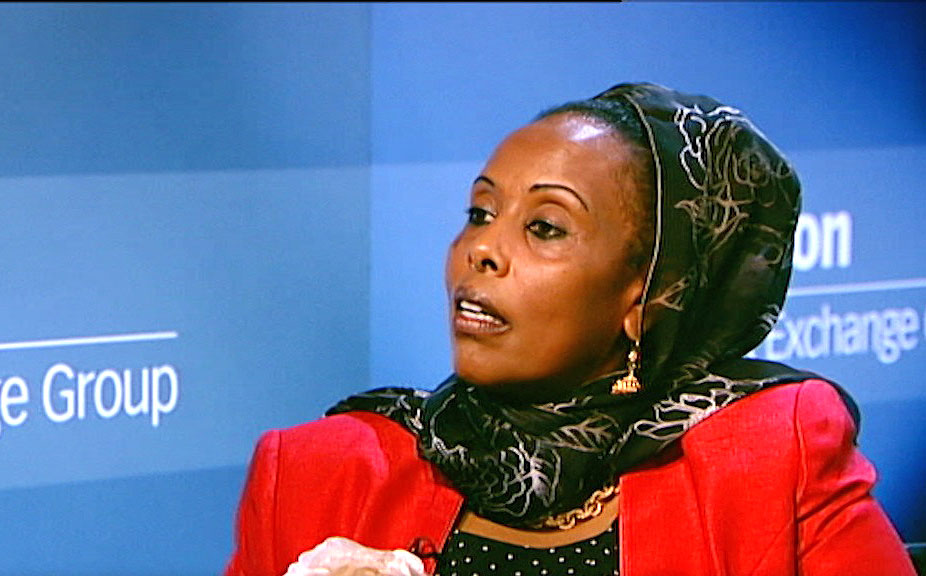BoU Deputy Governor, Micheal Atingi-Ego (Centre) addressing the press
Bank of Uganda’s Monetary Policy Committee (MPC) on Tuesday maintained the Central Bank Rate (CBR) at 10.25% for the month of June 2024. CBR is a key lending rate for commercial banks.
BoU maintained the CBR at 10.25% on grounds that risks around inflation remains skewed to the upside but the current monetary conditions are adequate to contain inflation around the medium-term target of 5%.
BoU Deputy Governor, Micheal Atingi-Ego, said although the risks to the inflation outlook are tilted to the upside, the risks to growth are tilted to the downside.
Inflation remains subdued despite the uptick in May 2024, reflecting the increased cost of health, education and transportation services.
Headline and core inflation rose to 3.6% and 3.7% in May from 3.2%and 3.5% in April 2024 respectively.
BoU says the inflation forecasts have been revised slightly downwards relative to the April 2024 forecast round.
Inflation is expected to average 5.0-5.4% in the short run and stabilise around target in the second half of 2025.
BoU says the relative stability of the Uganda Shilling against the US dollar has benefited from the recent CBR increases and inflows from robust coffee exports owing to favourable international coffee prices.
Atingi-Ego says Uganda’s economic growth for FY23/24 is projected to remain unchanged at 6%, while growth in FY24/25 is projected in the range of 6%-6.5%, and above 7% in the outer years.
According to BoU, upside risks to inflation and growth include; more depreciated exchange rate, further disruptions to global supply chains resulting from an escalation of geopolitical conflicts, extreme weather conditions and increased government expenditure, while downside risks include; lower domestic and global growth, less depreciated exchange rate, bumper harvest and its effect on food crop prices and softer global inflation.
BoU has also explained why Uganda’s sovereign credit rating was recently downgraded, though with a stable outlook.
BoU says like several countries, Uganda faces decreased capital inflows, headwinds to export growth, and heavy external debt servicing partly due to rising global interest rates.
“This, combined with declining budget support, has resulted in declining international reserves. Coupled with concerns of debt affordability and constrained financing options, this has led to a downgrade of the country’s sovereign credit rating, though with a stable outlook, reaffirming that these challenges are short-term,” said Atingi-Ego.
Going forward, he said, rebuilding international reserves will require increased coordination of monetary and fiscal policies.
Moody’s Ratings (Moody’s) recently downgraded the Government of Uganda’s long-term foreign-currency and local-currency issuer ratings to B3 from B2 and changed the outlook to stable from negative.






